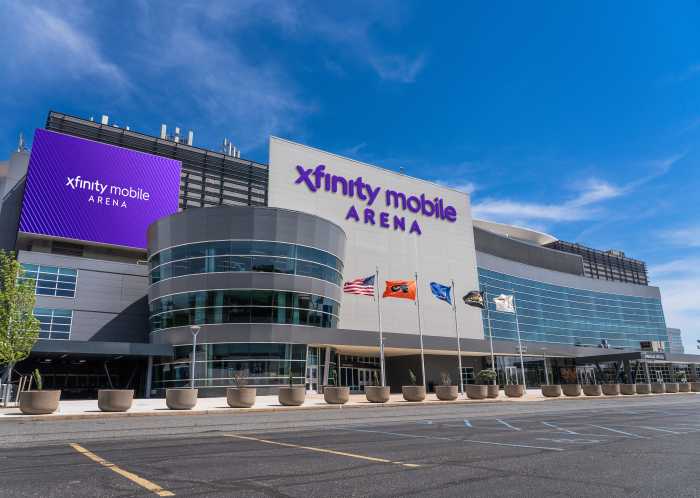By Sarah N. Lynch
The U.S. Justice Department, in the midst of investigating policing practices in three major cities, will toughen oversight of federal monitors who supervise implementation of police reforms mandated in civil consent decrees, Attorney General Merrick Garland said on Monday.
The department’s civil rights division is pursuing high-profile investigations into possible police abuses in Minneapolis, Louisville and Phoenix. If the probes show that the those police departments engaged in patterns or practices of discrimination or use of excessive force, the government could seek a consent decree to enforce reforms.
Monitors oversee implementation of consent decrees approved by federal courts after being negotiated by municipalities and the Justice Department. They are intended to be neutral arbiters of compliance with a decree.
Garland told an event hosted by a police organization that while settlements with police departments have improved policing practices, it is “no secret” that monitorships also have caused frustrations.
“While consent decrees and monitorships are important tools to increase transparency and accountability, the department can and should do more to improve their efficiency and efficacy,” Garland said in prepared remarks.
The new rules impose annual budget caps on monitors to prevent them from running up taxpayer costs for their services, bar monitors from “double-dipping” by serving on more than one monitoring team at a time, and require more training. They also limit the length of service of monitors and require an assessment of their performance to ensure their effectiveness.
Cities and other local jurisdictions also will be allowed after five years to ask a court to terminate a monitorship by demonstrating compliance with a decree’s terms.
Chuck Wexler, executive director of the Police Executive Research Forum policy group, lauded the new rules, noting that paying for a compliance monitor can cost big cities up to $100,000 monthly.
“The costs have been very high, and there is no incentive for them to end,” Wexler said. “What the Justice Department did today really made history.”
The steps were crafted after the department heard concerns from police departments, mayors and others about costs of monitor fees and questions about monitor accountability.
President Joe Biden has vowed to address what he has called U.S. systemic racism.
The department in April began its Minneapolis investigation after a white police officer was convicted of murdering a Black man named George Floyd in a 2020 incident that triggered racial justice protests in many U.S. cities. Five days later it opened its Louisville investigation after last year’s fatal police shooting of a Black woman named Breonna Taylor in another incident that prompted demonstrations against police violence.
The department in August started investigating whether Phoenix police unlawfully used deadly force, retaliated against peaceful protesters and violated the rights of homeless people.
Reuters






























